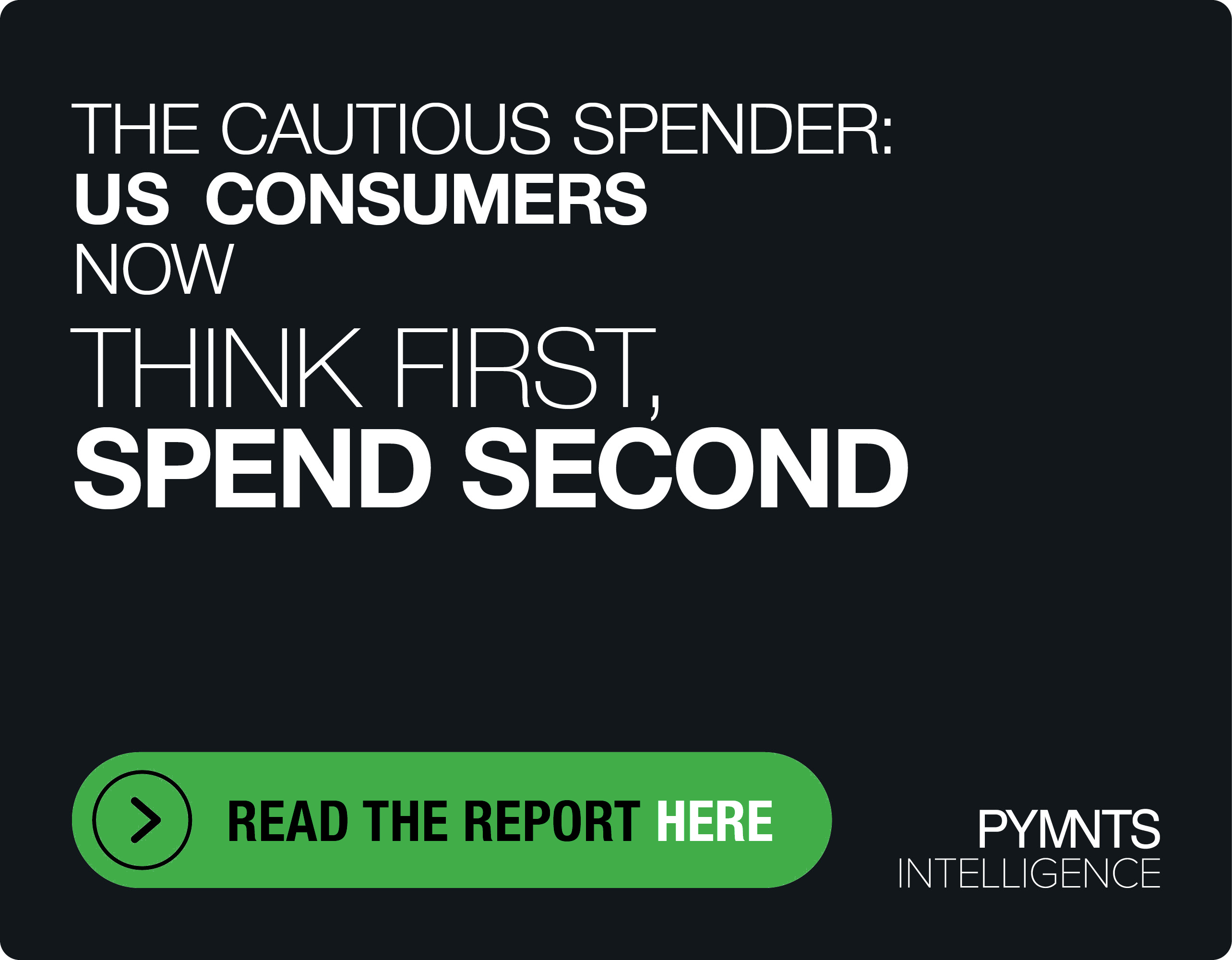Overdraft Fees Plummet as Banks, FinTechs Find Value in Monetizing ‘Alerts’

Overdraft fees have been a hot button issue in financial services.
But they’re less of a revenue source for banks — significantly less — than they were not all that long ago.
To that end, as reported last week by the Consumer Financial Protection Bureau (CFPB), bank overdraft revenue fell by roughly 48% as measured in the fourth quarter of 2022 compared to the same period before the pandemic. For the full year, the CFPB said banks reported around $7.7 billion in overdraft and nonsufficient-funds fees, a 35% drop from 2019. The decline is remarkable given that the eight largest banks reported a combined $11 billion to $12 billion of annual revenue from such fees for each of the five years from 2015 to 2019.
The falloff comes as a number of the largest banking players, such as Citigroup and Bank of America, have taken steps to end those fees.
In other cases, FIs such as TD Bank have revamped those fees, allowing for some overdrawing of accounts before the charges kick in. Wells Fargo has an extra-day grace period to help consumers cover overdraft fees.
Interestingly, the CFPB found “evidence continues to suggest that financial institutions are not increasing other checking account fees to compensate for reduced overdraft/NSF revenue. Across all reporting banks, combined account maintenance and ATM fees remained flat from 2019 to 2022.” The conventional wisdom may have held that banks would have to go elsewhere to levy fees on customers to compensate for the loss of overdraft fees, in effect charging customers who are not overdrawn to cover the customers who are. But that has not happened.
New Pursuits
What has happened is that banks have turned to innovative ways to help educate and alert customers as to their spending habits and when they might be in danger of exceeding comfortable thresholds. Truist Bank has an account that offers a $100 buffer for accidental overspending. PNC’s “low cash” mode is a digital offering that alerts customers if balances are low, and gives 24 hours’ time to replenish accounts and avoid overdrafts.
And in a nod to the fact that it’s not just traditional FIs that are monetizing customer behavior in the pursuit of better day-to-day management of accounts.
As detailed here, Dave, a digital banking and personal finance app, initially based its model on charging $1 per month for the financial insights and the warnings, with customers linking Dave to primary bank accounts that provided the raw data that might signal overdraft status. The company offers fee-free cash advances (through ExtraCash) and has broadened to offer its own (partner bank-powered) checking account and debit cards.

